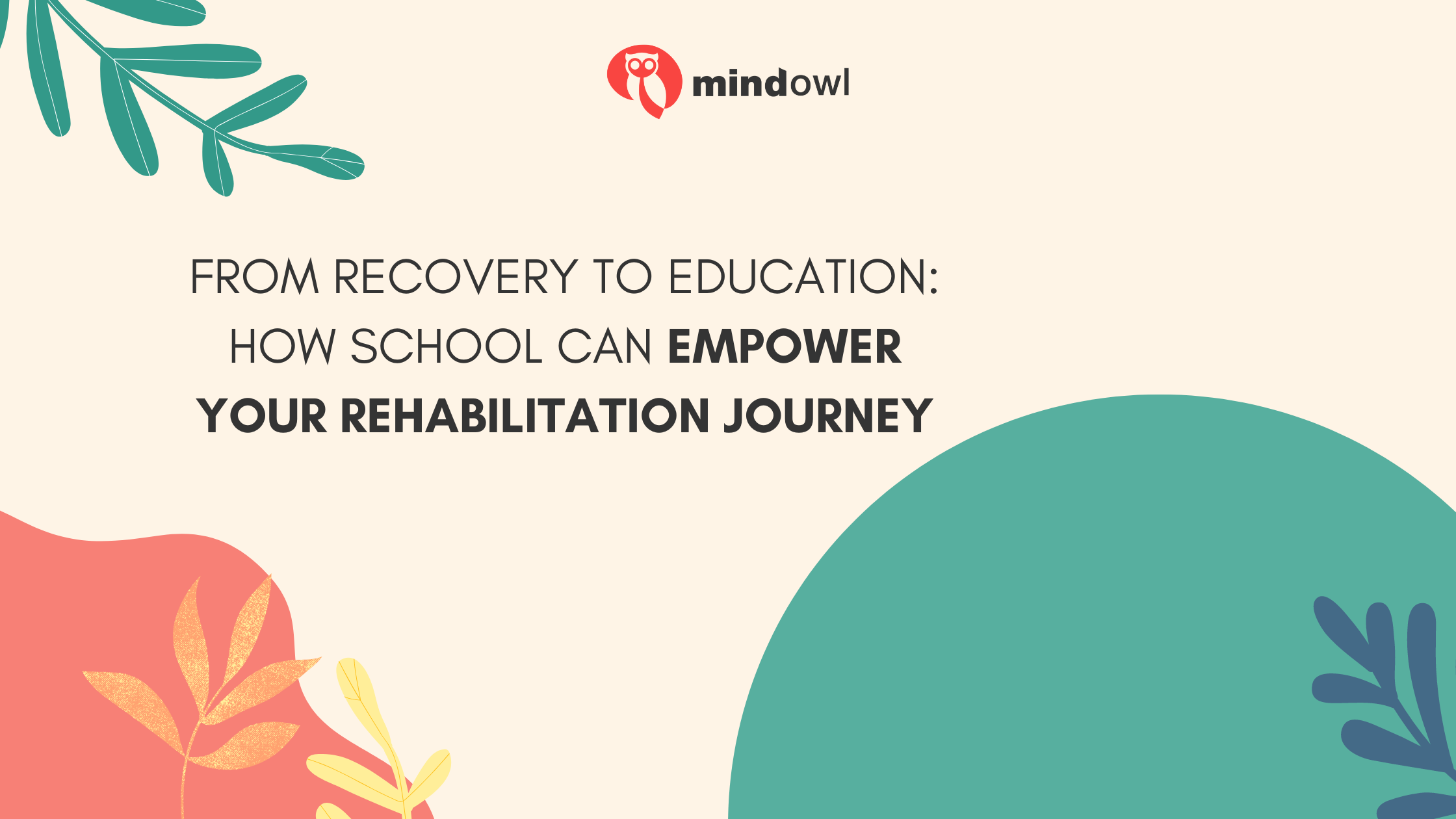The path to recovery from addiction is multifaceted, with education playing a crucial supporting role that is often overlooked. Engaging in academic programs during rehabilitation can offer structure while fostering personal growth and self-discovery. The nurturing environment of educational institutions provides a stable backdrop against which individuals can rebuild their lives. To fully explore this symbiotic relationship, we delve into how educational aspirations and academic pursuits can serve as a cornerstone for lasting recovery. Below, we’ll explore this empowering alliance in detail.
The Role of Education in the Rehabilitation Process

In recovery from substance abuse, education serves a crucial role beyond addressing physical dependence. It supports mental and emotional healing by providing constructive goals and motivation, helping individuals refocus away from cravings. Educational programs in places like alcohol rehab Hawaii introduce routines that replace old habits with productive ones, fostering a structured life and rebuilding self-discipline.
They also nurture social connections, offering opportunities for healthier relationships and peer support, which are vital for sustained sobriety and personal development. Such initiatives are integral to comprehensive treatment plans, often including workshops, college partnerships, or online learning tailored to individual needs.
Harnessing Academic Structure for a Balanced Recovery
Academic life offers a structured routine that can be immensely beneficial for individuals recovering from addiction. The daily schedule of attending classes, completing assignments, and studying for exams provides stability and predictability, which are often lacking during periods of substance abuse. This structured environment supports the transition to a sober lifestyle by establishing productive habits and routines.
Academic pursuits foster essential skills like time management and prioritization, crucial for rebuilding a balanced life after addiction. Following a syllabus and meeting deadlines in a controlled setting allows students in recovery to practice responsibility and goal-setting, skills that are transferable to their personal and professional lives. Universities provide a range of support services—from tutoring to counseling—that cater specifically to the needs of recovering students, creating a supportive environment that nurtures their overall well-being.
Tailoring Curriculum to Support Therapeutic Goals
Choosing the right academic path is crucial for integrating education with recovery efforts. Fields like psychology, social work, or counseling resonate well with individuals familiar with therapeutic processes, fostering a strong commitment to sobriety through personal growth. Pursuing a passion-driven field can reignite interests overshadowed by addiction, providing a powerful motivation for staying sober.
Flexible online options, such as those offered at https://online.uc.edu/undergraduate-degrees/bs-early-childhood-education/, are especially beneficial, allowing individuals to balance studies with treatment and other responsibilities. Customizable interdisciplinary studies also offer tailored educational experiences that support both personal development and academic engagement during recovery.
Building Resilience and Coping Skills Through Education

Education goes beyond knowledge; it builds essential life skills crucial for maintaining sobriety. Academic learning fosters critical thinking, teaching individuals to analyze challenges and find solutions—skills directly applicable to overcoming the complexities of recovery. Collaborative projects and presentations enhance communication and assertiveness, vital for navigating social triggers that might lead to relapse.
Educational setbacks teach resilience by showing how to cope with stress without turning to substances. This resilience learned in academic settings becomes a powerful tool in recovery, creating a safe space for growth and building confidence. Education boosts self-efficacy and a sense of accomplishment, reducing the risk of relapse by demonstrating the ability to conquer obstacles independently.
Lifelong Learning as a Pathway to Sustained Well-being
Embarking on an educational journey during recovery goes beyond immediate benefits, fostering a lifelong commitment to learning. The skills and curiosity developed during this pivotal time encourage ongoing intellectual engagement, supporting individuals in remaining active learners. Graduates carry forward these habits and mindsets into their future endeavors, ensuring sustained sobriety and personal growth. This dedication to lifelong learning not only enriches personal lives but also benefits communities by fostering a cycle of recovery and contribution.
Lifelong learners in recovery cultivate adaptability, resilience, and resourcefulness, essential qualities for maintaining wellness. By prioritizing ongoing education, individuals demonstrate their commitment not only to sobriety but also to continuously enhancing their quality of life.
Overall, education emerges as a potent tool for reinforcing the recovery process, equipping individuals with the structure, skills, and self-assurance necessary to face life after addiction. The synergy between continued learning and sustained well-being forms a foundation that can support a lifetime of recovery and achievement.
MindOwl Founder – My own struggles in life have led me to this path of understanding the human condition. I graduated with a bachelor’s degree in philosophy before completing a master’s degree in psychology at Regent’s University London. I then completed a postgraduate diploma in philosophical counselling before being trained in ACT (Acceptance and commitment therapy).
I’ve spent the last eight years studying the encounter of meditative practices with modern psychology.

